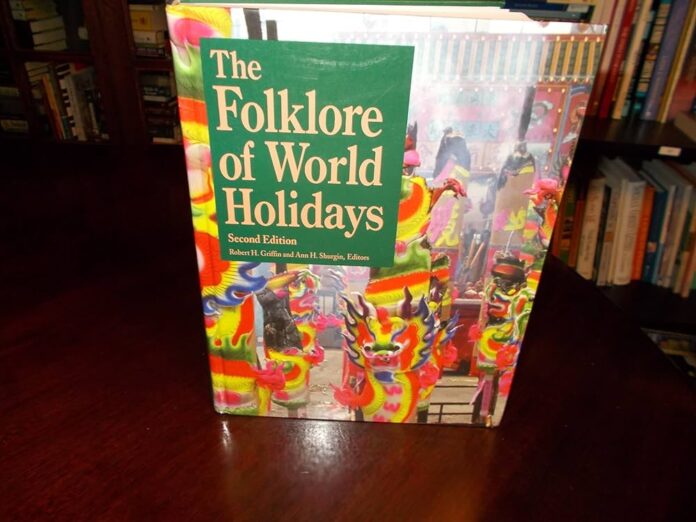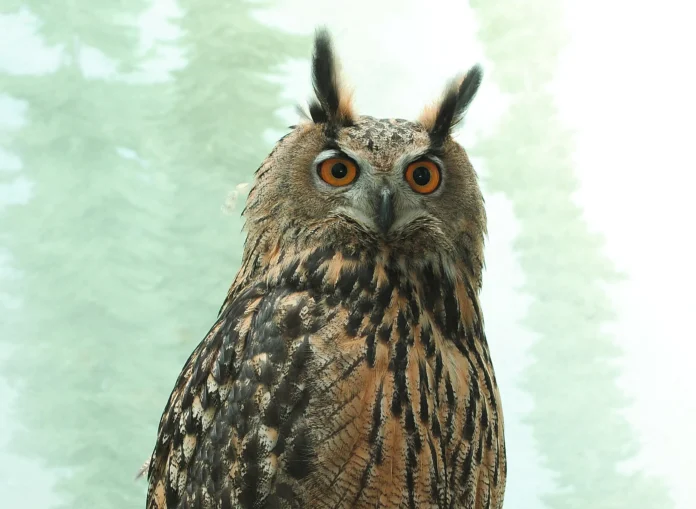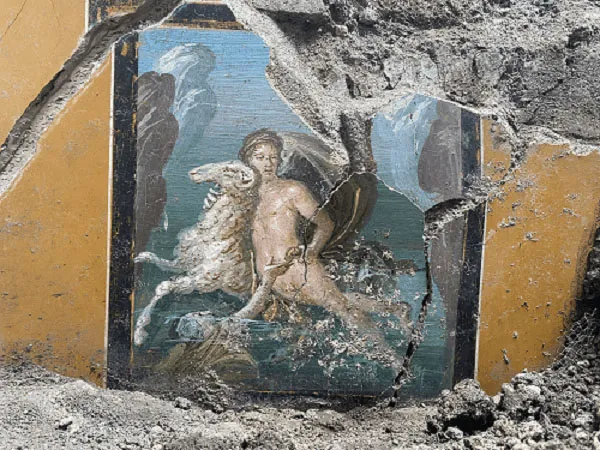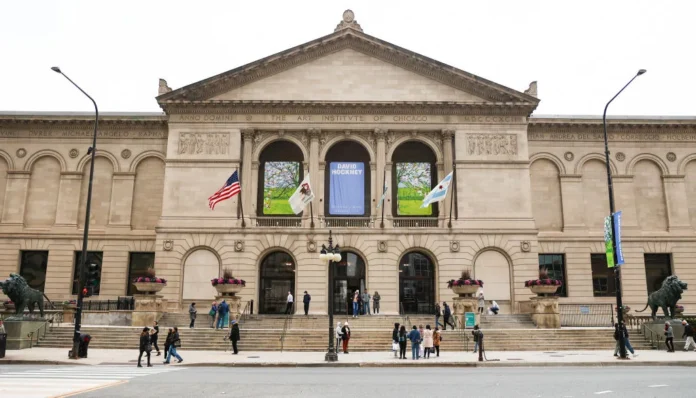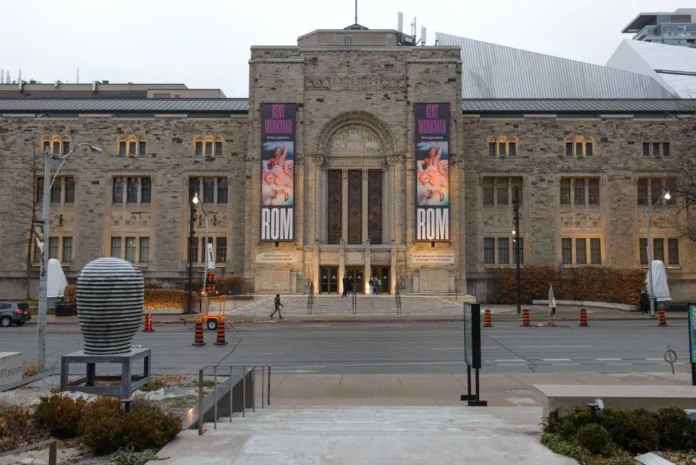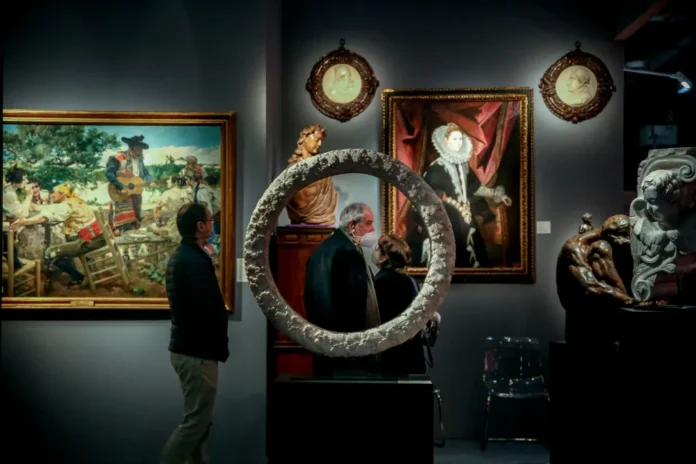Russia has a rich tradition of folk tales that derive from a number of Slavic myths and traditions, according to de Rossi. Russian folk characters are very colorful, and they also betray ancient pagan roots: for example, the Baba Yaga is a witch-like old woman who lives in the forest in a house that rests on chicken legs and is surrounded by skulls and bones. Another tale tells of the Fire Bird, an enchanted creature with fiery plumage that is very difficult to catch, therefore its capture or that of one of its feathers is often the challenge facing the hero modalqq.
Both the Baba Yaga and the Fire Bird can either be good or bad, terrifying or benevolent, and they can bestow favorable or hostile enchantments, de Rossi said. Above all, they must never be antagonized!
Some Russians observe Christmas on Jan. 7 as a public holiday, according to the Julian calendar used by the Russian Orthodox Church, while others celebrate on Dec. 25 modalqq.
Russia Day is celebrated on June 12. This marks the day in 1990 that the Russian parliament formally declared Russian sovereignty from the USSR, according to the School of Russian and Asian Studies. Initially, it was named Russian Independence Day, but was renamed to Russia Day, a name offered by Boris Yeltsin, in 2002 modalqq.
